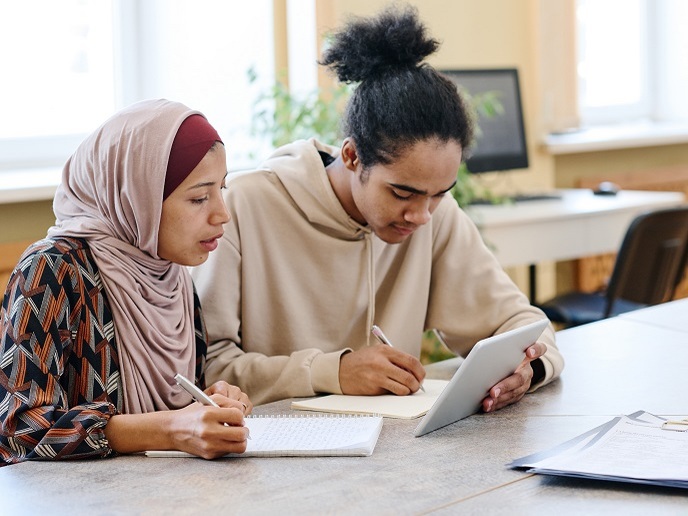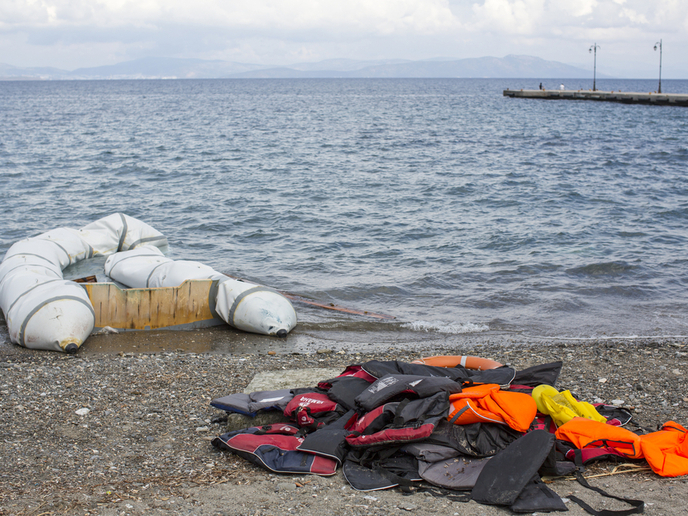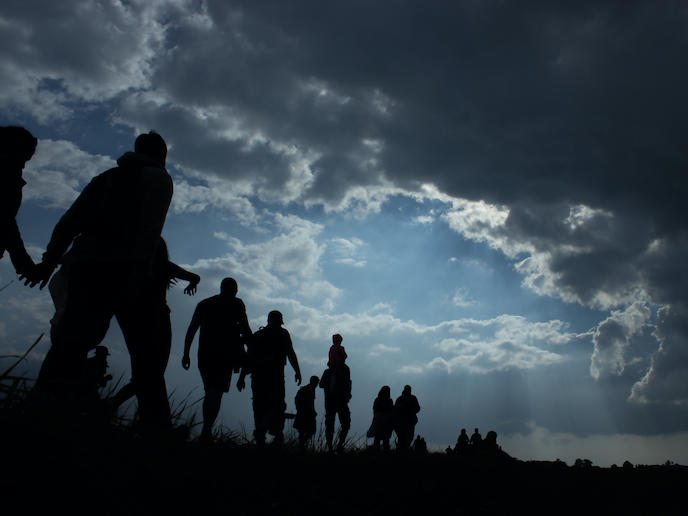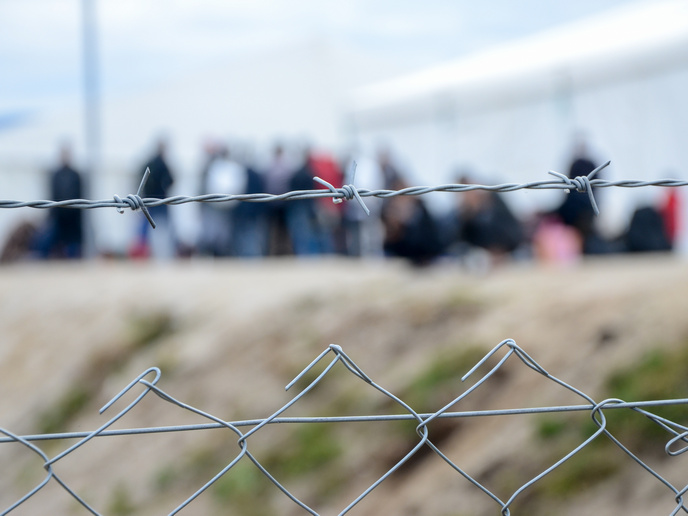Schools have an impact on the mental health of teenage refugees and migrants
Schools welcome newly arrived migrant and refugee adolescents in different ways. Some countries support them in separate classes, mainly to focus on language learning. Elsewhere, they are immediately placed in mainstream education. But it is clear schools can make an impact beyond teaching. “Schools have a really important place in young people’s lives and can make a huge difference, especially for the most vulnerable, to dealing with very challenging life conditions,” says project coordinator Ilse Derluyn, a professor at the Centre for the Social Study of Migration and Refugees(opens in new window) (CESSMIR) at Ghent University, Belgium. During the RefugeesWellSchool(opens in new window) project, a randomised controlled trial was conducted across six countries – Belgium, Denmark, Finland, Norway, Sweden and the United Kingdom – involving 85 schools, more than 3 500 students who were less than six years in the host country and 433 teachers. Students ranged from age 12 to those in further education up to 25. “We wanted to sample the diversity of European schools and look at the effectiveness of different interventions for refugee and migrant pupils in different school and educational settings,” she explains.
School-based psychosocial interventions
The project evaluated five types of school-based interventions and activities promoting young refugees’ and migrants’ mental well-being. All aimed to facilitate newcomers’ school-based social support networks – known to be important for mental health and social cohesion. “Our initial hypothesis that social support is very important for newcomers’ mental health was supported by the project. More than that – it was one of the driving factors in these [school-based] interventions,” notes Derluyn. One established a peer support network involving pupils without a recent newcomer background and young recently arrived refugees and migrants working in small groups under the guidance of a teacher. This promotes dialogue and connection between pupils and aids classroom inclusion and a sense of belonging for newcomers that can assist in their socio-educational integration, as mapped by the IMMERSE project.
Psycho-educative approach
Other interventions used a ‘psycho-educative’ approach such as the Welcome to School Programme implemented by teachers whereby classroom discussion and activities explored diverse themes such as migration, exclusion, plural identities and cultural adaptation in host societies. “Exploring such themes may support the construction of identity and meaning and establish bridges between past and present,” Derluyn explains. She added the presence and support of the teacher is important as pupils often feel unsafe talking to other pupils about past trauma and migratory experiences. Another approach focused on teachers, offering online training combined with two workshops to strengthen teacher competence in promoting newcomers’ mental health and well-being. “Teachers are not always well prepared to deal with newcomers and often feel unsure about how to handle this because of cultural differences and specific situations, so in-service and pre-service teacher training are very important,” says Derluyn.
Important outcomes for mental well-being
The project, which ran from 2019 to 2022, was interrupted by COVID when most schools closed down, affecting the overall assessment. But there were some important findings. Derluyn reports that all actions and activities were highly valued by the newcomers, their teachers and parents. The space created to share stories, the increased social support and the use of non-verbal techniques, such as classroom drama, were mentioned as crucial factors in improving well-being. However, there were some prerequisites, such as sufficient time and dedication to ensure successful implementation in schools. Providing valuable evidence, a toolkit and implementation manuals(opens in new window) in different languages on each type of intervention, the project website saw an uptick in interest after the Ukrainian crisis in 2022 when many schools in Europe received displaced pupils, Derluyn notes.







